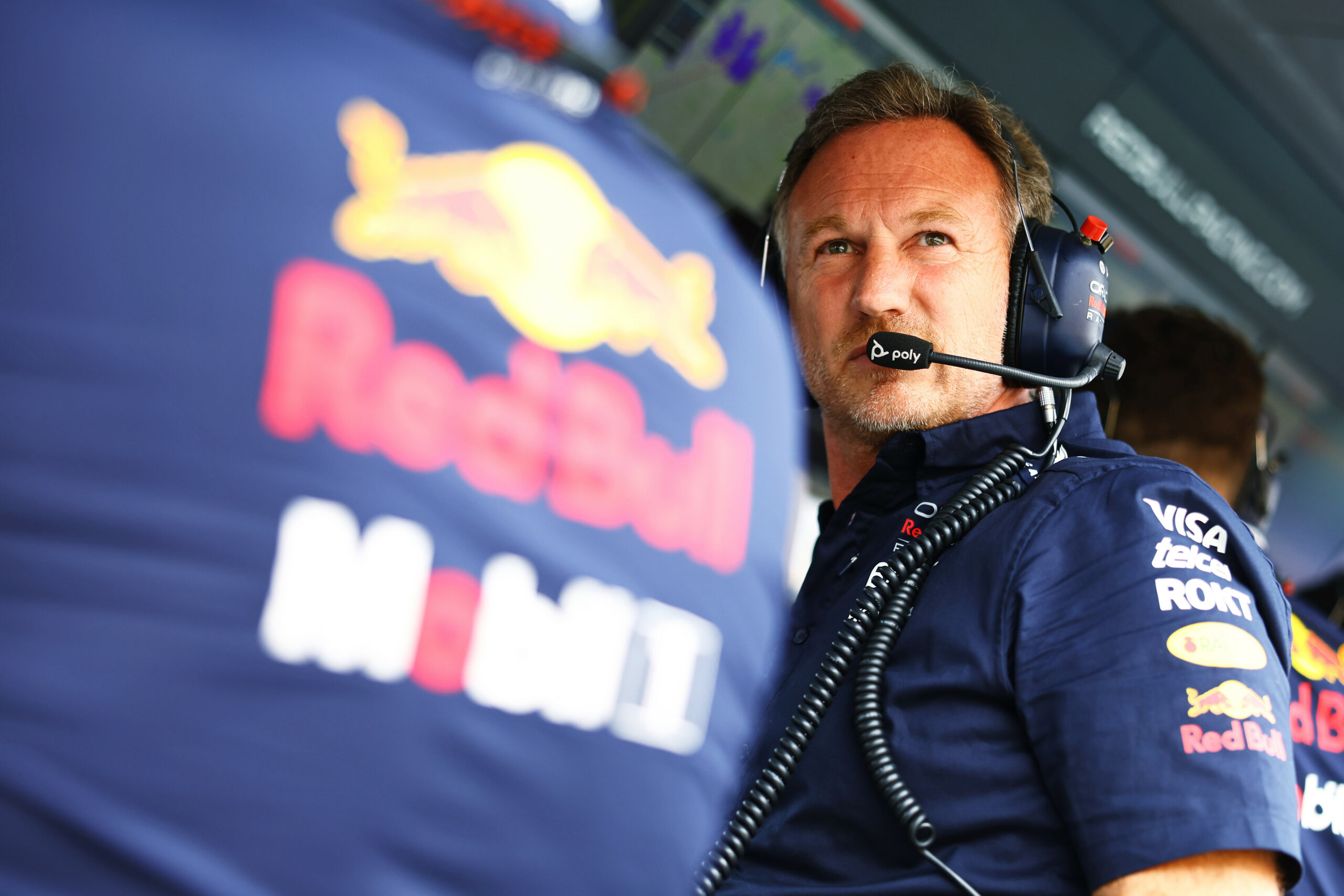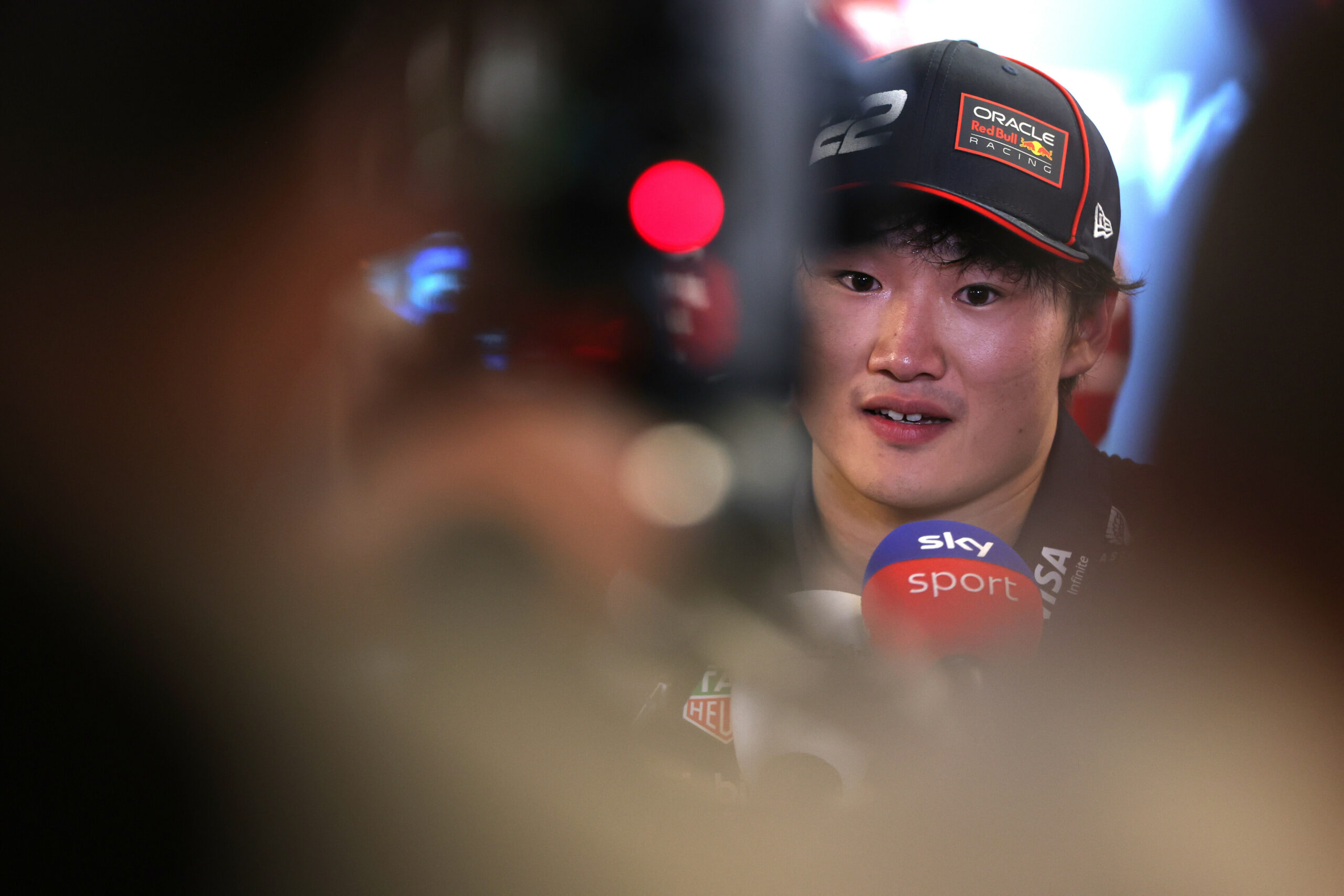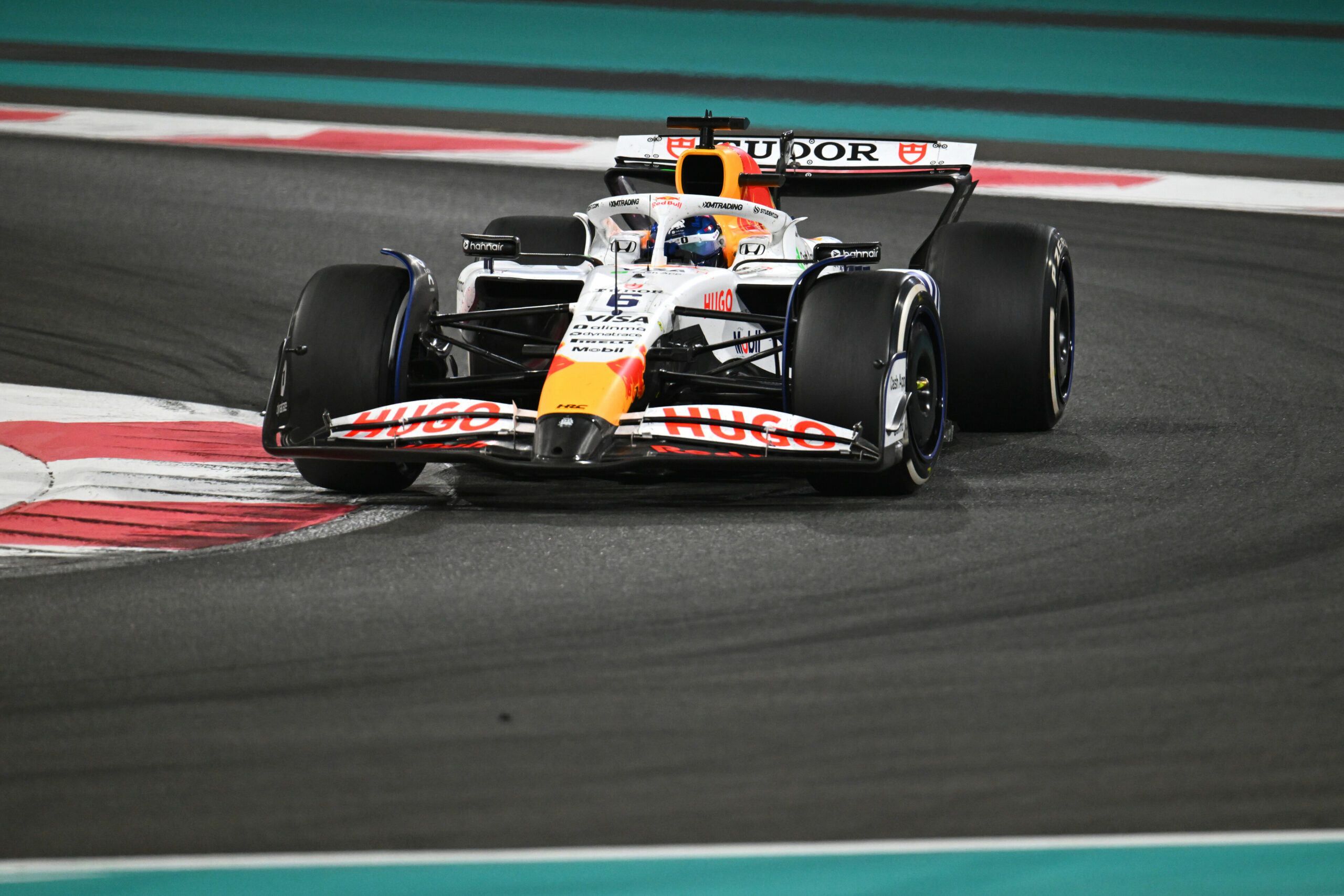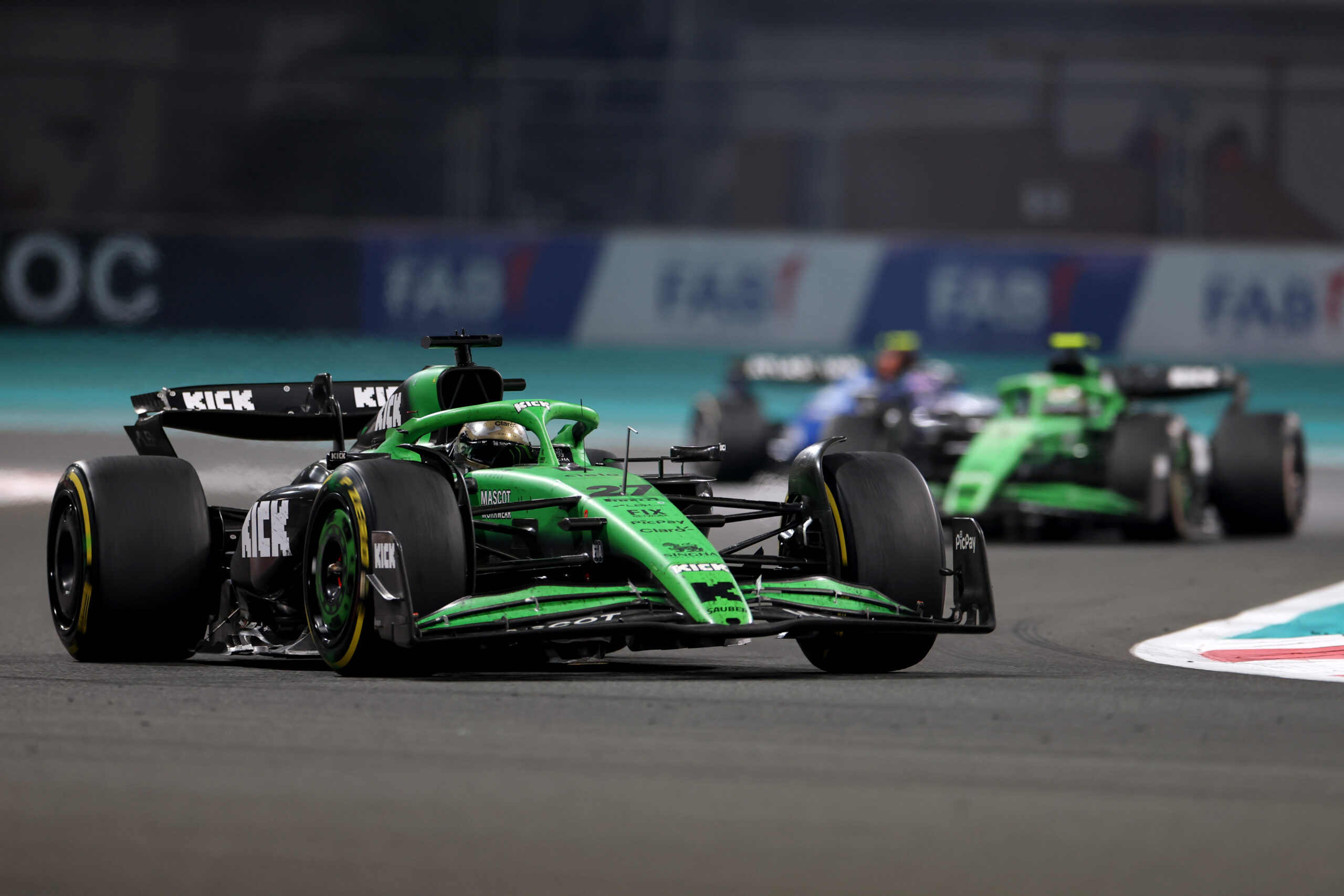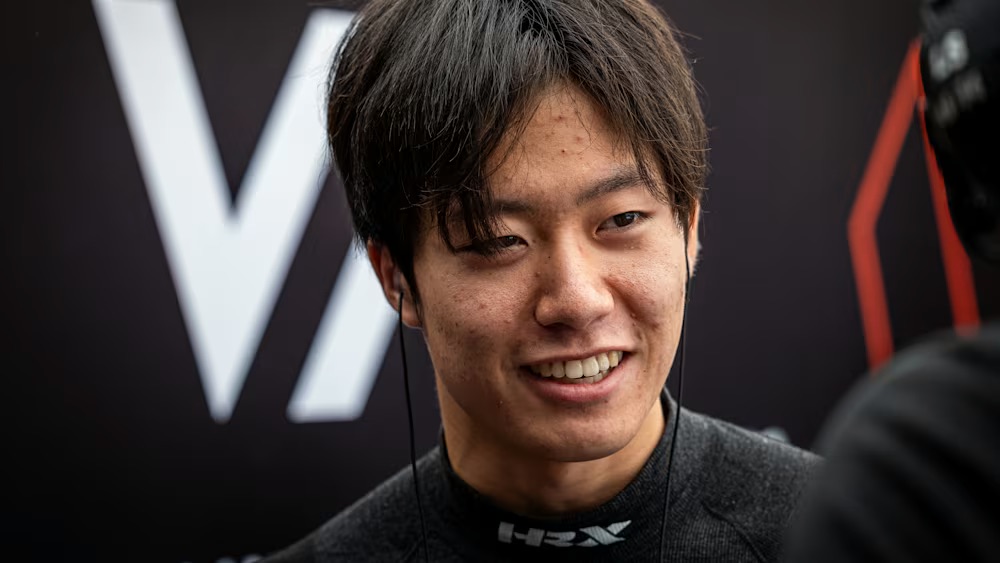In the world of F1, power struggles often highlight what one truly wants. For Christian Horner and Bernie Ecclestone, the desire was the same: power and leadership. Despite being separated by 43 years, the two men have shared a mutual bond forged in ambition, uniting them in their instinct to lead and command as seen in their 20-year relationship.
Ecclestone, who served as the sport’s supremo for decades, sat down for an interview with The Telegraph. The 94-year-old opened up about Horner’s recent dismissal as Team Principal at Red Bull Racing and didn’t sugarcoat his words when discussing the allegations that played a part in him losing his job.
Expressing his dismay, Ecclestone shared:
“This business that he got involved with 18 months ago, he was just an idiot,” Ecclestone said. “He was a 50‑year‑old who thought he was 20, thought he was one of the boys.”
Referring to the allegations involving Horner 18 months ago, where he was accused of inappropriate behaviour by a female colleague at Red Bull F1, the team then launched an internal investigation where Horner was cleared of any misdoing on two occasions.
Ecclestone couldn’t help but scrutinize the type of behaviour that the former team principal was involved in; despite being cleared of any wrongdoing twice, this scandal tarnished Horner’s image and reputation.
The leak of explicit messages on the eve of the 2024 F1 Bahrain Grand Prix triggered a power struggle, culminating in his abrupt dismissal earlier this month.
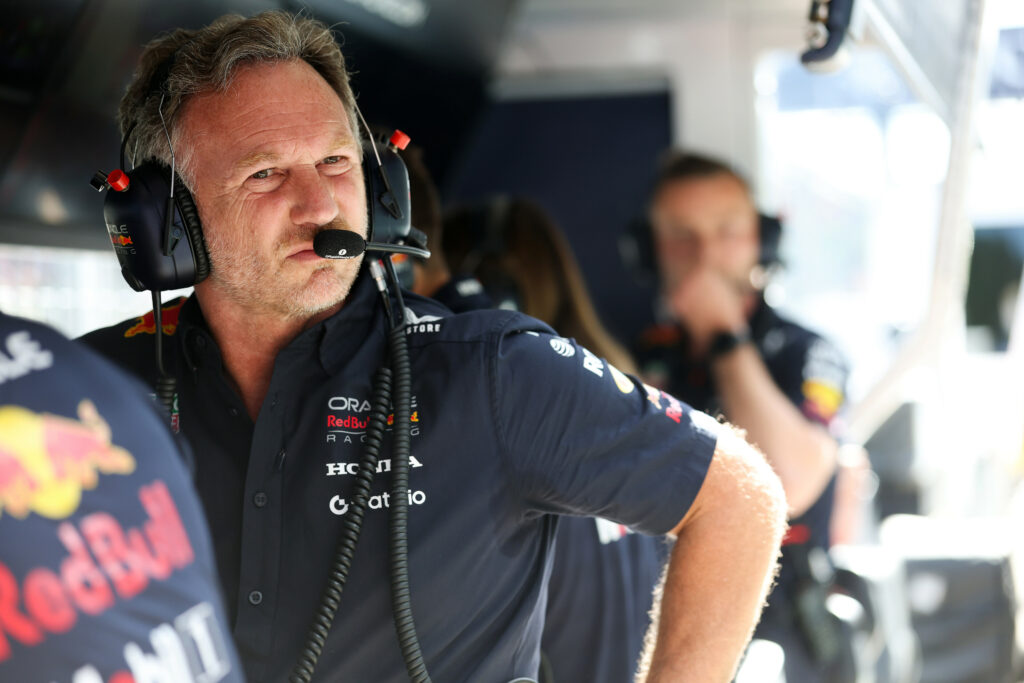
The Christian Horner Ring
Ecclestone details his opinion on the notion that Horner has immense power within Red Bull, alluding to the Austrian headquarters, where conversations grew implying Horner’s influence was far too great—great enough for it to feel like the ‘Christian Horner Ring’ rather than the ‘Red Bull Ring’.
“There are people there who thought he was getting away with things, that he was acting as if it was not the Red Bull Ring, but the Christian Horner Ring,” Ecclestone referred to the team’s home F1 track in Spielberg.
Pointing out the cold reality, he continued, “all the time you’re delivering, people close their eyes. But when you stop delivering, people start looking.”
While Red Bull had massive success under Horner’s reign, it was good enough to look the other way. But, as soon as the team hit a rough patch, people started talking, scrutinising Horner’s leadership, which caused internal quarrels according to Ecclestone.
He believes that this controversy could have been prevented from the media frenzy if Red Bull had simply refused to do just that: looking the other way. Instead, they could have initiated a direct conversation with Horner to discuss the matter openly to deescalate any potential harm to the team or its reputation.
In the eyes of Ecclestone, the internal dissatisfaction reached a tipping point; with power fragmented between Red Bull GmbH in Austria, Horner in Milton Keynes, and Max Verstappen’s increasingly influential father, Jos, the team spiraled into what he calls “a little bit of a muddle.”
Blinded by stubbornness
Ecclestone continued that Horner’s stubbornness was part of the reason that led to his downfall. Stating that the team principal was offered the chance to serve as team manager, while forfeiting the commercial side of team operation; but eventually, he refused to submit to these changes.
“His idea was, ‘I am the chief executive,’” Ecclestone said.
During this turbulent wave of conflict, Ecclestone believes that Red Bull’s founder, the late Dietrich Mateschitz, would have been an excellent delegate in handling the situation well enough to prevent any drastic outcomes from happening.
“He would have smelt there was going to be trouble at the camp. He would have thought, ‘I had better get stuck into this.’”
Harsh realities for mentor and mentee
Horner and Ecclestone’s relationship runs way back, with Ecclestone playing a major role in Horner’s success in landing the role of team principal at just 31 years of age; he saw potential in the former principal—strong enough to envision him as a future leader of Formula 1 before Liberty Media took over in 2017.
Horner spoke highly of his mentor during interviews, and often pointed out the gentler side that wasn’t often visible on the forefront, especially his love for animals, as seen when Ecclestone once spent £12,000 to save 200 of Horner’s lambs from slaughter.
However, this withstanding camaraderie didn’t blind Ecclestone’s vision when it came to seeing the realities of Horner’s leadership. Despite leading Red Bull to the top with eight Constructors’ titles, 124 race wins, and nurturing some of the finest talent in racing, Ecclestone believed that his need to dominate every aspect of decision making and operations eventually stretched him too thin.
“You get very few executives who can do everything, from engineering to public relations,” he said. “He was used to winning. So, it’s not easy when you’re not winning—and when you know that it’s not entirely your fault.”
What now?
For two decades, Christian Horner served as the team principal for Red Bull Racing, making him the only in the history of the team’s Formula 1 spell until his sacking. Laurent Mekies will take the reigns at Spa.
However, a send-off that should have been grand turned into something sour as his closest confidants believe that his actions and stubbornness caused him to experience backlash and eventually create his own collapse; while Horner remains on the team’s payroll, his future is uncertain at best.

